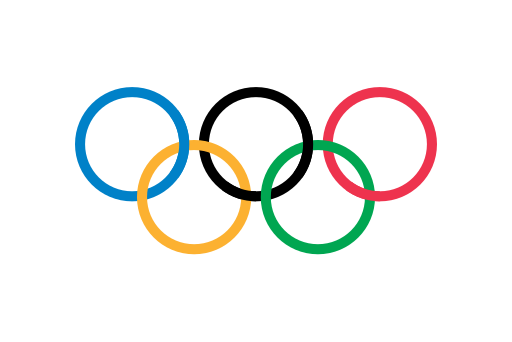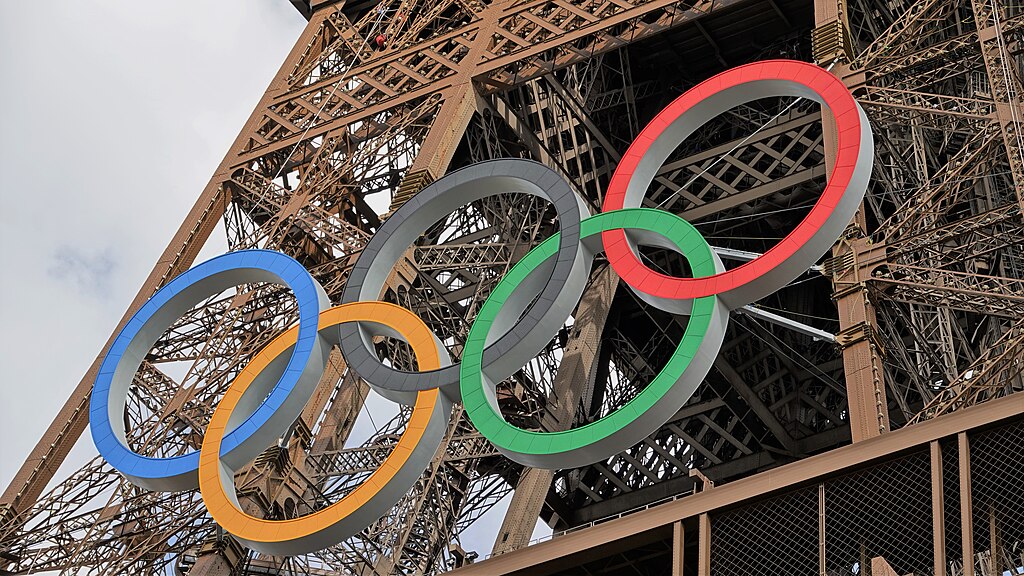In case you haven’t noticed, Russia isn’t at this year’s Olympics. Instead, Russian athletes are competing under a neutral flag. This is due to the country’s invasion of Ukraine.
The International Olympic Committee (IOC) sanctioned Russia, barring their national team from participating but allowing individual athletes to compete without a flag.

This decision is meant to reflect the IOC’s stance in maintaining peace, upholding justice, and penalizing nations that breach these principles.
In fact, this isn’t the first time the IOC has taken such a drastic step. During apartheid, South Africa faced a similar ban from the Olympics, with the country being banned for nearly 30 years.
This ban on South Africa, which occurred in 1964, helped highlight the community’s stance against systemic racial discrimination.

Given these precedents, one is left to only wonder—why hasn’t Israel been banned from the Olympics?
Israel has been accused of severe human rights violations and genocide in Gaza, which has led to over 39,000 Palestinian deaths and countless injuries.
Their military actions have not only violated the Olympic Truce but have also caused an immense humanitarian crisis, similar to the situations that led to the bans on Russia and South Africa.
To make things worse, Israel’s decision to have Peter Paltchik as the country’s flag bearer is particularly egregious.
Paltchik is a Ukrainian-born Israeli judo fighter. He is notorious for having signed bombs destined for Gaza and having posted about it on social media, mocking Palestinian suffering.
This act alone should disqualify him from the Olympics on an individual level, and the fact Israel chose him to be the country’s main representative is disgusting.

When one compares the scenarios between the bans on countries in the past and the allowing of Israel to participate this year, it becomes clear the IOC’s decisions are inconsistent.
If the IOC were truly committed to peace and human rights, Israel would face similar sanctions as Russia and South Africa.
Instead, the decision to ban or not ban seems influenced by political alliances rather than ethical standards.
To put it simply—it’s about who you know, not how evil you are.
The Olympics appear to prioritize the agendas of powerful nations over the principles of peace they claim to uphold, and Israel’s inclusion at this year’s Paris Olympics is a perfect example of that.













